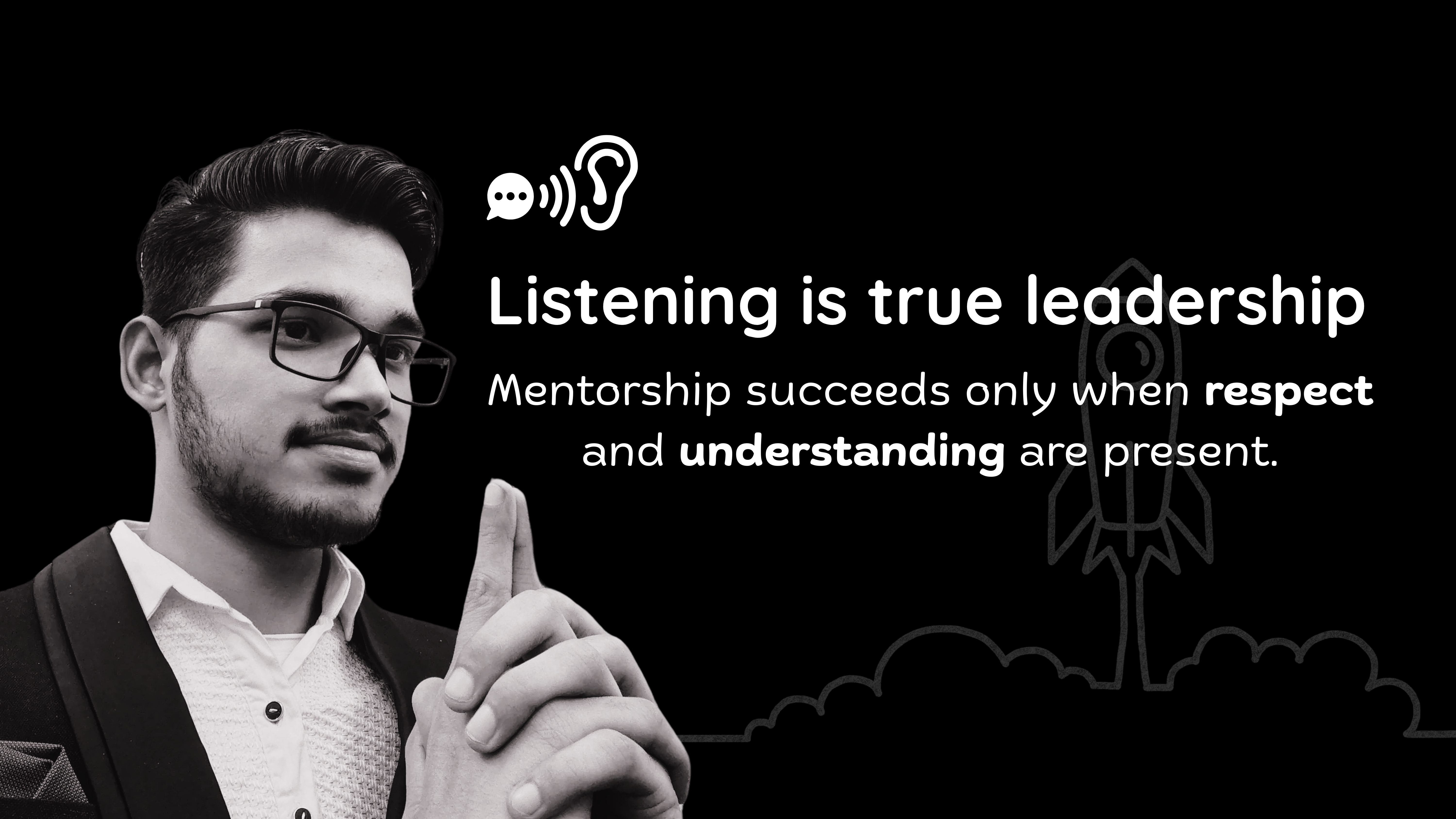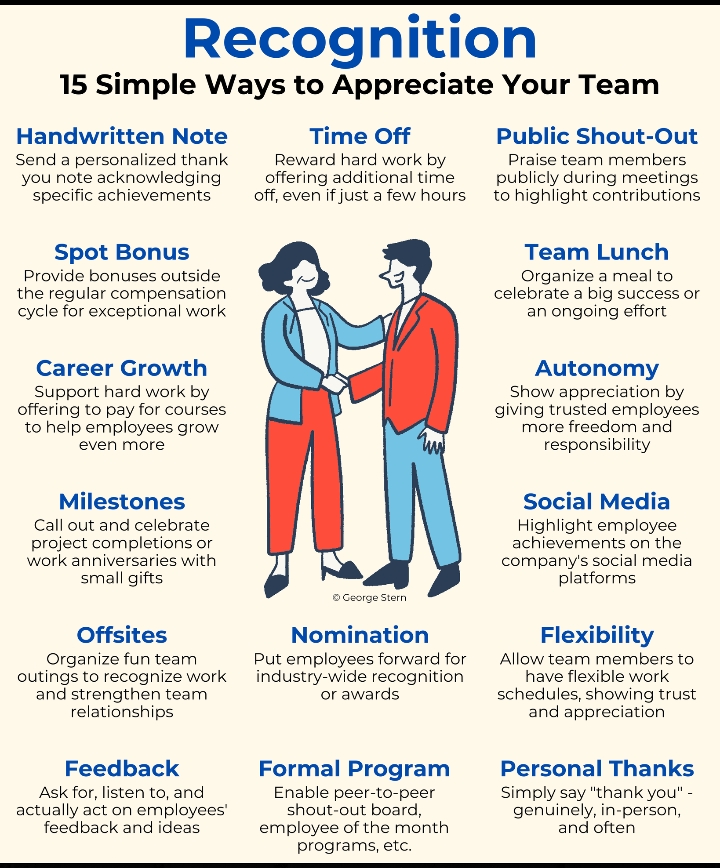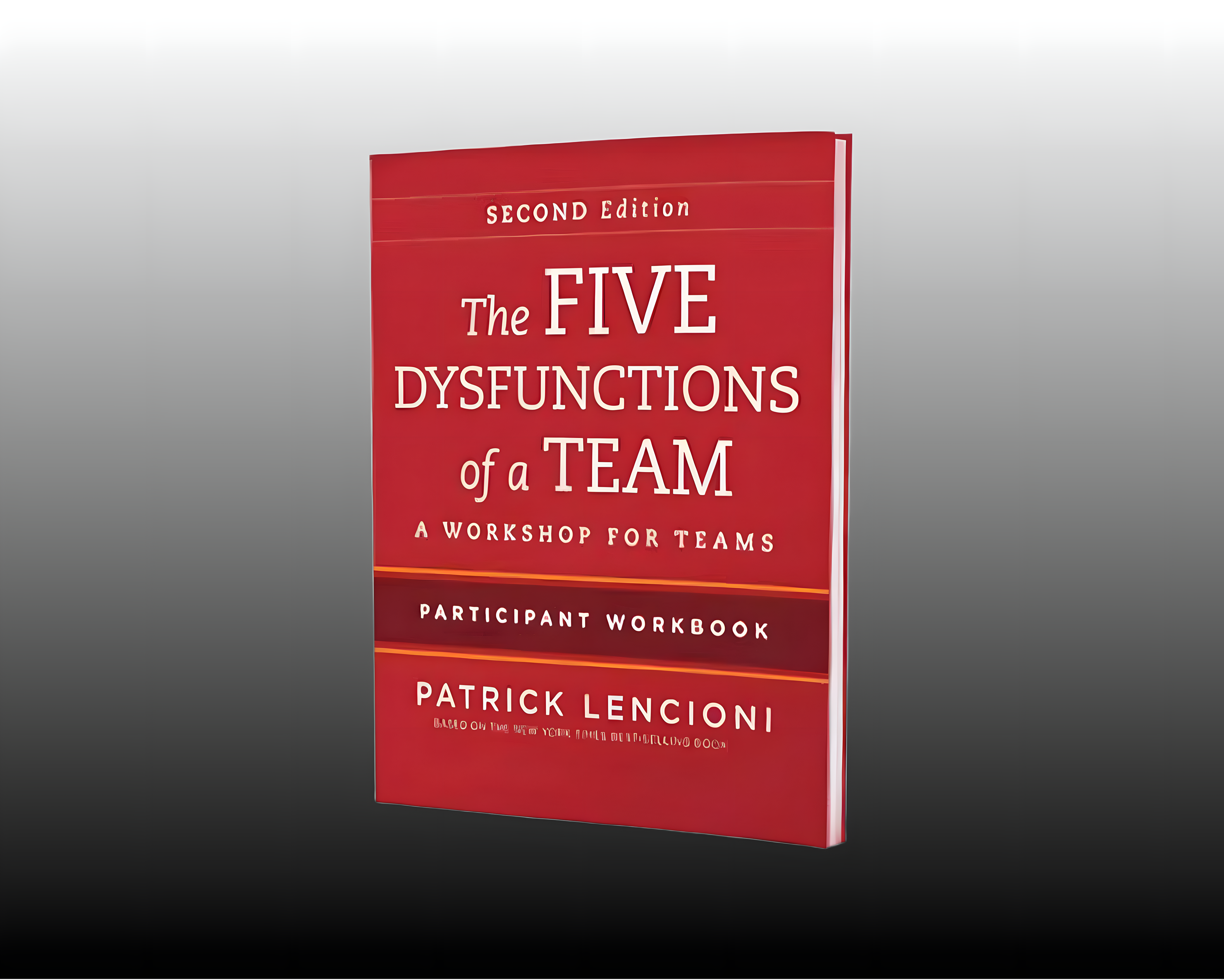Back
SHIV DIXIT
CHAIRMAN - BITEX IND... • 1y
📖 DAILY BOOK SUMMARIES 📖 🔗 DIRECT FREE E-BOOK DOWNLOAD LINK AVAILABLE — https://drive.google.com/file/d/10EtgPjBYAI9yaY0Z27TLYQGtaz7r59Aj/view?usp=drivesdk 🔥 Leaders Eat Last 🔥 🚀 20 Lessons From 👉 ✨ Simon Sinek ✨ 1. Leadership as Sacrifice: • Great leaders prioritize the well-being of their team over personal gain, creating a culture of trust and safety. 2. Circle of Safety: • Leaders build a “circle of safety” where team members feel secure, protecting them from internal threats like competition or blame. 3. Biology of Leadership: • Sinek discusses chemicals like endorphins, dopamine, serotonin, and oxytocin, explaining how they shape feelings of happiness, loyalty, and stress in team dynamics. 4. Building Trust: • Trust grows when leaders show empathy, transparency, and integrity, fostering loyalty and teamwork. 5. Empathy in Leadership: • Effective leaders understand and address team members' needs, recognizing that empathy is essential for a healthy, high-performing team culture. 6. Long-Term Thinking: • Leaders should focus on long-term benefits for the team and organization rather than short-term gains or metrics. 7. Impact of Stress and Cortisol: • High levels of stress and fear (from constant cortisol release) harm individual health and weaken team unity, highlighting the importance of reducing workplace stressors. 8. Servant Leadership: • Leaders act as servants, ensuring the team has the resources, support, and protection they need to succeed. 9. The Role of Environment: • Positive work environments drive success, while toxic ones diminish morale and hinder collaboration. 10. Responsibility and Accountability: • Leaders take responsibility for team outcomes, accepting blame in failure and giving credit to the team in success. 11. Importance of Communication: • Open and honest communication fosters transparency, which is vital for building trust within teams. 12. Value of Strong Relationships: • Building personal connections among team members enhances collaboration and strengthens the organization’s culture. 13. Encouraging Innovation: • A supportive environment allows team members to take risks and innovate without fear of failure, leading to greater creativity. 14. Cultural Differences: • Understanding and valuing cultural differences within teams can lead to better problem-solving and a more inclusive environment. 15. Role of Vision: • Effective leaders articulate a clear vision that aligns the team's goals and inspires collective action toward a common purpose. 16. Community and Belonging: Creating a sense of community within the workplace enhances employees' feelings of belonging, which is crucial for motivation and engagement. 17. Mentorship and Development: • Leaders should focus on mentoring team members, helping them grow and develop their skills for long-term success.

Replies (1)
More like this
Recommendations from Medial
Neelu yadav
Clinical Dietitian • 3m
“You’re Not Losing Weight Because Your Cortisol Is High.” If you’re gaining fat around your belly even after dieting… 👉 It’s not food. It’s your stress hormone – cortisol. Chronic stress raises cortisol → increases abdominal fat → slows metabolism
See MoreVishwanath S J
Turning Dreams into ... • 1y
The relationship between a manager and their team members is foundational to a productive and positive work environment. This relationship significantly impacts team performance, employee satisfaction, and organizational success. The dynamic between
See MoreVatan Pandey
Founder & CEO @Zyber... • 8m
📢 Listening: The Superpower of Great Leaders 🎧🚀 True leadership begins with listening — not just to respond, but to understand. 🤝A successful mentor always builds trust through respect and understanding. In today’s fast-paced world, being heard
See More
Waseem Khan
Building Hill screen... • 1y
Leadership isn't about control; it's about impact. The best leaders celebrate wins loudly, so their team feels valued. They address mistakes quietly, so their people feel respected. Great leadership builds trust, fuels creativity, and inspires grow
See MoreMehul Fanawala
•
The Clueless Company • 1y
Employers, beware of these 7 red flags that indicate poor leadership skills: 1. Inability to Empower Others ↳ Leaders who micromanage or fail to delegate show insecurity and undermine their team's confidence. 2. Failure to Provide Feedback ↳
See MoreDownload the medial app to read full posts, comements and news.














/entrackr/media/post_attachments/wp-content/uploads/2021/08/Accel-1.jpg)


















